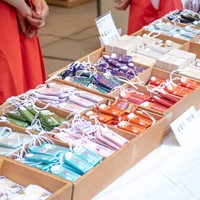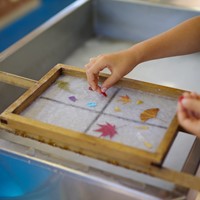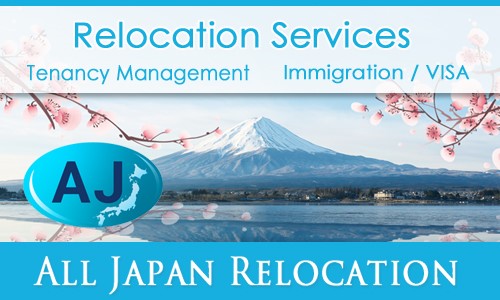What is Chonaikai (Neighborhood Associations) and How can Foreigners Join?
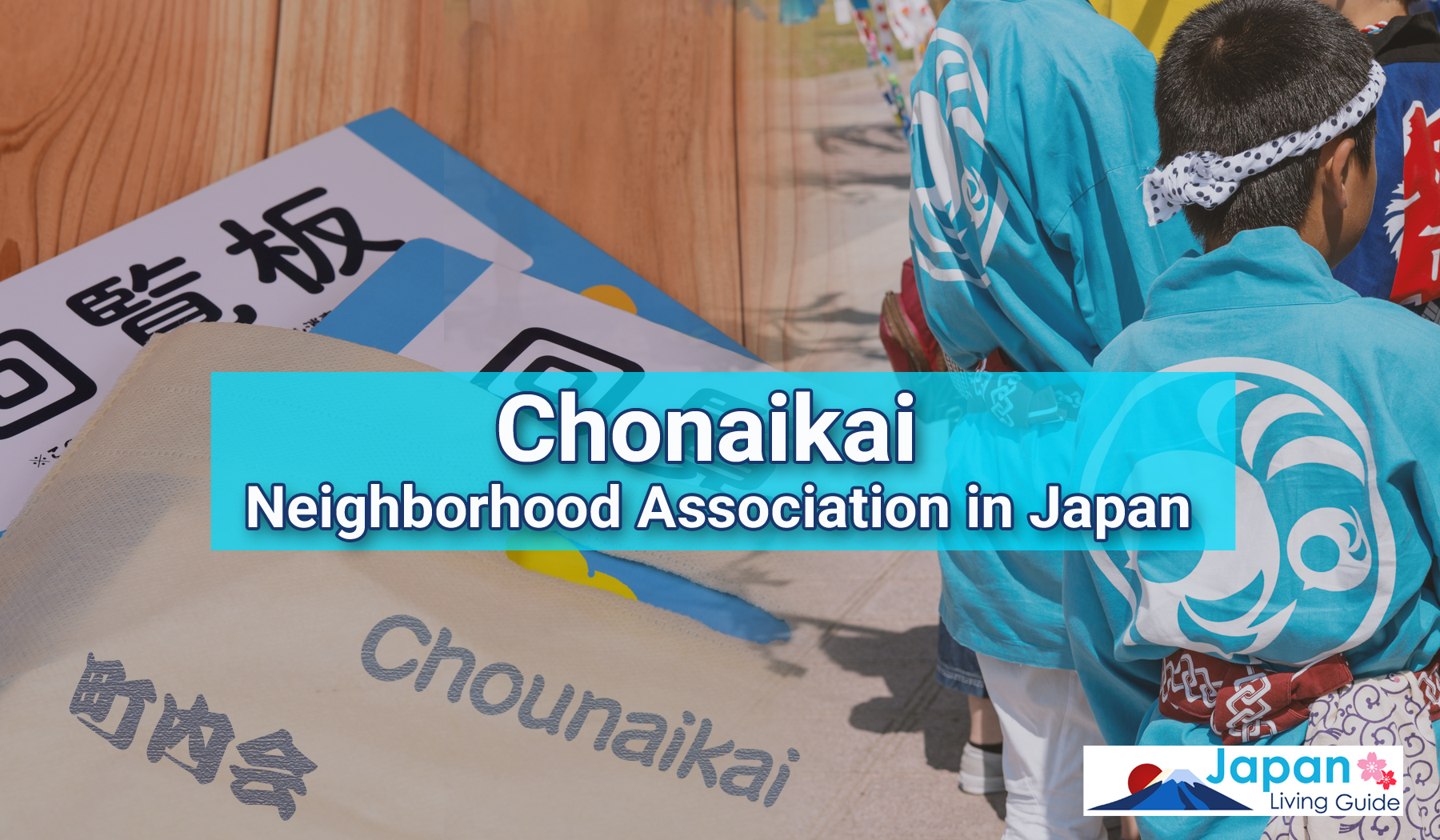
In Japan, each district has an organization run by local residents called a Chonaikai or Jichikai (means neighborhood association or residents’ association), which holds events, disaster prevention drills, and does various activities to improve each local community.
Some of you may have been confused by the description of important matters in the real estate sales contract and lease contract that "the tenant shall join the neighborhood association (residents' association)." In this article, we will explain about what a neighborhood association is, the advantages and disadvantages of joining and not joining, the participation of foreigners in neighborhood associations, and involvement in the local community.
Difference between neighborhood association and residents' association
Neighborhood associations and residents' associations are the same thing only in different name. There seem to be other names depending on the region.
* Hereafter, it will be referred to as a neighborhood association in this article.
What are neighborhood associations in Japan?
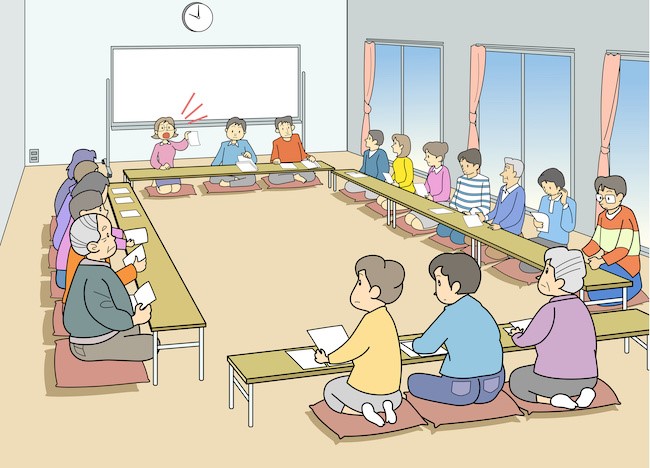
Since neighborhood associations are self-governing activities operated by local residents, their activities vary depending on the region, but they mainly carry out the following activities.
・Promoting a closer relationship among residents (hosting summer festivals, sports days, etc.)
・Arrangement of community circular boards (documents containing information about the region and the local government notice that are read among members)
・Mutual help in the event of a disaster and disaster prevention drills
・Cleaning and management of garbage collection areas
Do you have to join neighborhood associations?
Neighborhood associations are voluntary organizations by local residents, so you are not obligated to join them and are also possible to leave after joining them.
Advantages and disadvantages of joining a neighborhood association
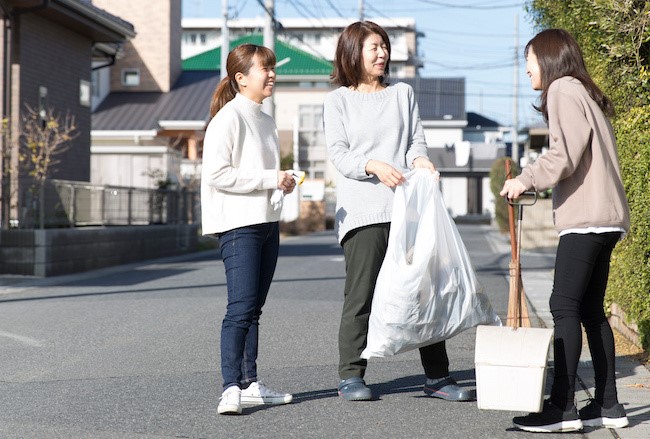
Advantages
・Through various events and activities, you can get to know the local people and have relationship with them, so it will be easier to communicate with them when you need some help.
・If your family has children, you can participate in the events for children sponsored by the neighborhood association and can get information about schools and playgrounds.
・Through disaster prevention drills, information on disaster prevention and preparedness can be obtained.
・Requests can be made to the local government for the installation of guardrails and road repairs.
(Individuals can also request for them, but the local government tends to place more importance on the requests from local residents' groups.)
Disadvantages
・It needs the membership fee.
The membership fee varies depending on the neighborhood association, but it seems to be around 500 yen per month. Depending on the location, you may need to pay more than 2,000 yen. It seems that there are many residents' associations which requires you to pay the fee for one year in a lump sum. * In the case of rental housing, the fee may be collected as a "management fee" or "common service fee" including it, or the lessor may pay it on your behalf.
・You may be asked to participate in various activities and events, or you may have to become an officer.
It takes a certain amount of time to prepare for events and to do the officer’s jobs, so it can be a burden for some people.
Disadvantages of not joining a neighborhood association
・There is a possibility that the non-member cannot use the garbage collection area.
Some neighborhood associations have a rule that non-members cannot use the collection area. However, many associations may allow non-members to use the collection area on the condition that they participate in the periodical cleaning of it, or many other associations do not originally have rules that prohibit non-members from using the collection area.
・The circulation board will not be delivered.
You will not be able to know the information of the neighborhood association, but there are other ways to know the information of the local government, so you may not have much trouble.
About the participation of foreigners in neighborhood associations
The number of foreign residents who join neighborhood associations has been increasing in recent years, and there are many local governments that actively encourage the foreign residents to join neighborhood associations by creating multilingual guidebooks.
There are many cases where interaction and mutual understanding among local residents are promoted, foreign residents are more likely to participate in fun events such as traditional festivals, and they enjoy getting to know their neighbors and helping each other through neighborhood associations. For those who want to deepen exchanges with local residents and learn about culture through life in Japan, joining a neighborhood association is recommended.
Summary
You are free to join or not to join a neighborhood association, so in light of the aforementioned advantages and disadvantages, you may consider what to do. It may be difficult to decide, but if you have small children or want to blend in with the community as soon as possible, it may be a good idea to join it. The activities or membership fees vary considerably depending on the location or district, so we recommend that you ask the local real estate agent in advance, to check the activities of the neighborhood association that you may join, before deciding whether to join or not.
